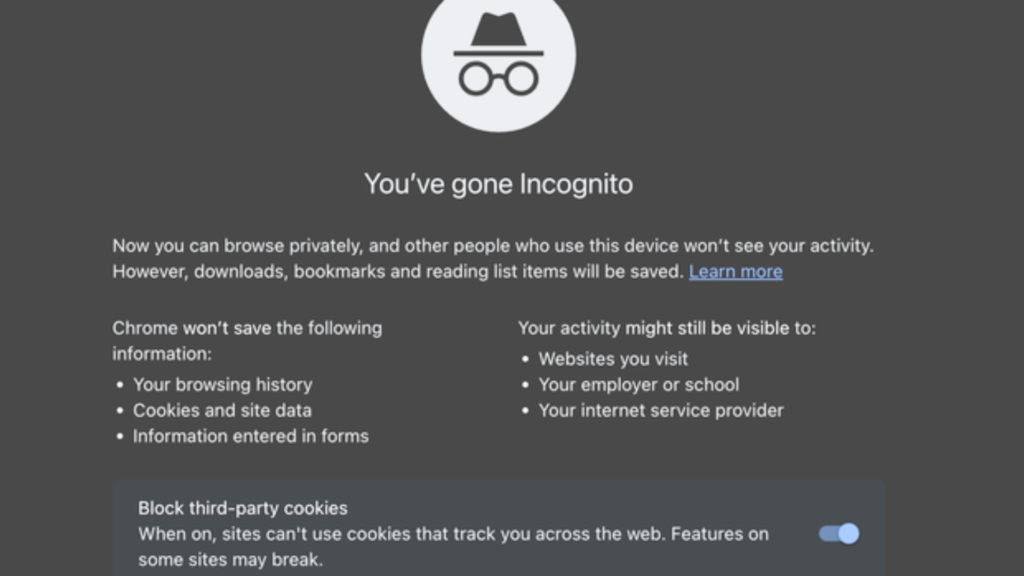Here we are with another interesting plot that is about Google Chrome Incognito Mode lawsuit. Dec. 29 — Google on Thursday settled a lawsuit over tracking user data while in the Chrome browser’s “incognito” mode, which is supposed to offer user privacy. Had Google lost at trial, the lawsuit could have cost billions of dollars.
For the class-action lawsuit mediation preliminary settlement to be finalized, the court must give its approval.
The 2020 lawsuit claimed for between $100 and $1,000 per plaintiff, and there may be millions of claimants; settlement terms were not disclosed to the public.
“The parties are presently preparing a final and definitive settlement agreement, which they anticipate executing within 30 days of this filing and then presenting for this Court’s approval within 30 days thereafter,” the preliminary settlement document stated.
Google attempted to have the lawsuit dismissed in August, but Judge Yvonne Gonzalez Rogers denied their request.

Google Chrome Incognito mode lawsuit
“Google’s motion hinges on the idea that plaintiffs consented to Google collecting their data while they were browsing in private mode,” Rogers said. “Because Google never explicitly told users that it does so, the court cannot find as a matter of law that users explicitly consented to the at-issue data collection.”
Plaintiffs claimed in the 2020 class-action lawsuit filing that “Google continues to track, collect, and identify their browsing data in real time, in contravention of federal and state laws on wiretapping and in violation of consumers’ rights to privacy.” This is even when users enter incognito mode.
The suit said Google’s practices infringe upon user’s privacy, intentionally deceive consumers, and these practices give Google and it’s employees “power to learn intimate details about individuals’ lives, interests, and Internet usage; and make Google ‘one stop shopping’ for any government, private, or criminal actor who wants to undermine individuals’ privacy, security, or freedom.”
William Byatt of Florida and Chasom Brown and Maria Nguyen of California filed the complaint. According to the lawsuit, users’ private browsing activities were monitored and connected to preexisting, unique user profiles.
Also Read: Brace Yourself for Major Layoffs in 2024: What’s Ahead





































































